Yamaha vs Mercury Marine Motors: A Comprehensive Comparison Guide
Introduction
When it comes to marine motors, Yamaha and Mercury are two of the most trusted names in the boating industry. Whether you’re an angler, a recreational boater, or a professional mariner, choosing between these two giants can be a challenge. Both brands are known for innovation, reliability, and performance, making them fierce competitors in the outboard motor market.
In this guide, we will provide a comprehensive comparison of Yamaha and Mercury marine motors, focusing on key aspects like performance, technology, fuel efficiency, durability, pricing, and customer support. We’ll also answer frequently asked questions and help you determine which brand might be the right fit for your specific boating needs.
Table of Contents
-
Overview of Yamaha Marine Motors
-
Overview of Mercury Marine Motors
-
Performance Comparison
-
Fuel Efficiency & Emissions
-
Technological Innovations
-
Durability & Reliability
-
Maintenance & Serviceability
-
Pricing and Value
-
Availability of Parts
-
Customer Support and Warranties
-
Which One is Best for You?
-
Frequently Asked Questions (FAQs)
-
Final Thoughts
1. Overview of Yamaha Marine Motors
Yamaha Motor Corporation is a Japanese multinational company that has been a pioneer in marine engine technology for decades. Yamaha outboard motors are known for their quiet operation, superior fuel efficiency, and long-lasting performance.
Key Features:
-
Wide range of models from 2.5HP to 450HP
-
Famous for reliability and smoothness
-
Strong dealer network worldwide
-
Focus on low-maintenance and user-friendly designs
-
Yamaha’s Helm Master EX joystick control system for easier navigation
2. Overview of Mercury Marine Motors
Mercury Marine, a division of Brunswick Corporation, is a U.S.-based manufacturer with a long legacy in marine propulsion. Mercury outboards are celebrated for innovative design, raw power, and advanced control systems.
Key Features:
-
Offers motors from 2.5HP to 600HP
-
Advanced SmartCraft digital technology
-
Known for torque and top-end speed
-
Top-of-the-line V12 Verado series with automatic shifting
-
Vast service and dealer network in North America
3. Performance Comparison
When it comes to performance, both brands deliver exceptional results. However, there are subtle differences depending on the use case.
Yamaha:
-
Offers smoother and quieter rides
-
Excellent mid-range acceleration
-
Great for family cruising and fishing trips
Mercury:
-
Typically more torque at lower RPMs
-
Aggressive acceleration and faster top speeds
-
Ideal for speed boats and performance watercraft
Winner: Tie – Yamaha for smooth cruising, Mercury for high-speed performance.
4. Fuel Efficiency & Emissions
Yamaha Outboards:
-
Utilizes four-stroke technology for superior efficiency
-
Compliant with EPA and EU emission regulations
-
Offers Variable Camshaft Timing (VCT) to optimize fuel use
Mercury Outboards:
-
Features Advanced Range Optimization (ARO)
-
Excellent fuel-to-power ratio, especially in Verado and Pro XS models
-
Meets and exceeds emissions standards worldwide
Winner: Yamaha edges out slightly in real-world fuel consumption, especially in mid-range engines.
5. Technological Innovations
Yamaha:
-
Helm Master EX: full control system with joystick steering and autopilot
-
CL7 Touchscreen Display for complete system monitoring
-
Yamaha Reliability Shield tech to protect against corrosion
Mercury:
-
SmartCraft System: digital throttle, power steering, diagnostics
-
Active Trim and Joystick Piloting for Outboards (JPO)
-
First-ever V12 600HP outboard with steerable gearcase
Winner: Mercury, especially for its cutting-edge V12 and integrated SmartCraft systems.
6. Durability & Reliability
Yamaha:
-
Time-tested reliability in saltwater conditions
-
Heavy-duty anti-corrosion coatings
-
Yamaha’s Saltwater Series is renowned for longevity
Mercury:
-
Built with XK360 low-copper aluminum alloy
-
Corrosion-resistant and built for long-term use
-
Durable even under rough commercial use
Winner: Yamaha, slightly ahead for longevity in saltwater applications.
7. Maintenance & Serviceability
Yamaha:
-
Easy-access service points
-
Longer intervals between service (especially 4-stroke models)
-
More forgiving for beginner boaters
Mercury:
-
Offers Total Command system diagnostics
-
Transparent and accessible maintenance schedule
-
Higher performance models may require more frequent tuning
Winner: Yamaha, for lower long-term maintenance hassle.
8. Pricing and Value
Yamaha:
Mercury:
-
More cost-effective for high HP models
-
Competitive pricing on Pro XS and FourStroke series
-
Offers more power per dollar in some ranges
Winner: Mercury for initial purchase, Yamaha for long-term value.
9. Availability of Parts
Yamaha:
Mercury:
-
Excellent OEM and aftermarket support in North America
-
Parts are widely accessible, especially in the U.S. and Canada
Winner: Mercury – slightly better parts availability and pricing in most markets.
10. Customer Support and Warranties
Yamaha:
-
Standard 3-year limited warranty
-
Yamaha Extended Service (YES) plans available
-
Global network of certified technicians
Mercury:
-
Standard 3-year limited warranty
-
Extended warranties available up to 8 years
-
Strong U.S. and Canadian customer service presence
Winner: Tie – both offer robust warranties and support.
11. Which One Is Best for You?
Choosing between Yamaha and Mercury marine motors largely depends on your boating style and budget.
| Use Case |
Best Choice |
| Family Cruising |
Yamaha |
| Saltwater Fishing |
Yamaha |
| High-Speed Performance |
Mercury |
| Budget-Conscious Buyer |
Mercury |
| Long-Term Durability |
Yamaha |
| Latest Technology |
Mercury |
 Cube Nuroad Pro Gravel Bike
1 × $100.00
Cube Nuroad Pro Gravel Bike
1 × $100.00 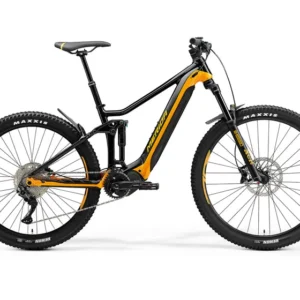 Merida eOne Forty 400 Electric Mountain Bike
1 × $100.00
Merida eOne Forty 400 Electric Mountain Bike
1 × $100.00  Hi-Tronic MIG 200GW Inverter Welding Machine 2in1 (MIG/ARC)
1 × $443.72
Hi-Tronic MIG 200GW Inverter Welding Machine 2in1 (MIG/ARC)
1 × $443.72 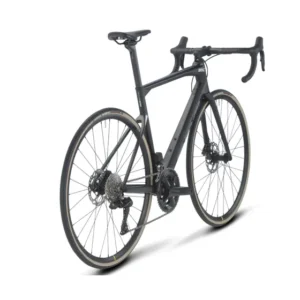 BMC Roadmachine FIVE Road Bike
1 × $100.00
BMC Roadmachine FIVE Road Bike
1 × $100.00 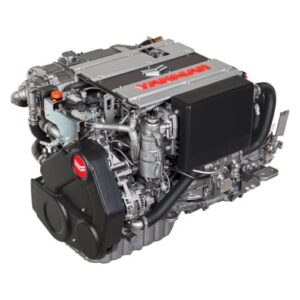 Yanmar 4LV150 (Z) 150HP Inboard Diesel Engine
1 × $4,440.00
Yanmar 4LV150 (Z) 150HP Inboard Diesel Engine
1 × $4,440.00 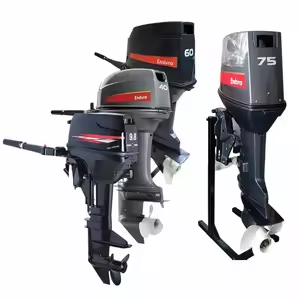 volvo penta outboard motors
1 × $2,390.00
volvo penta outboard motors
1 × $2,390.00 
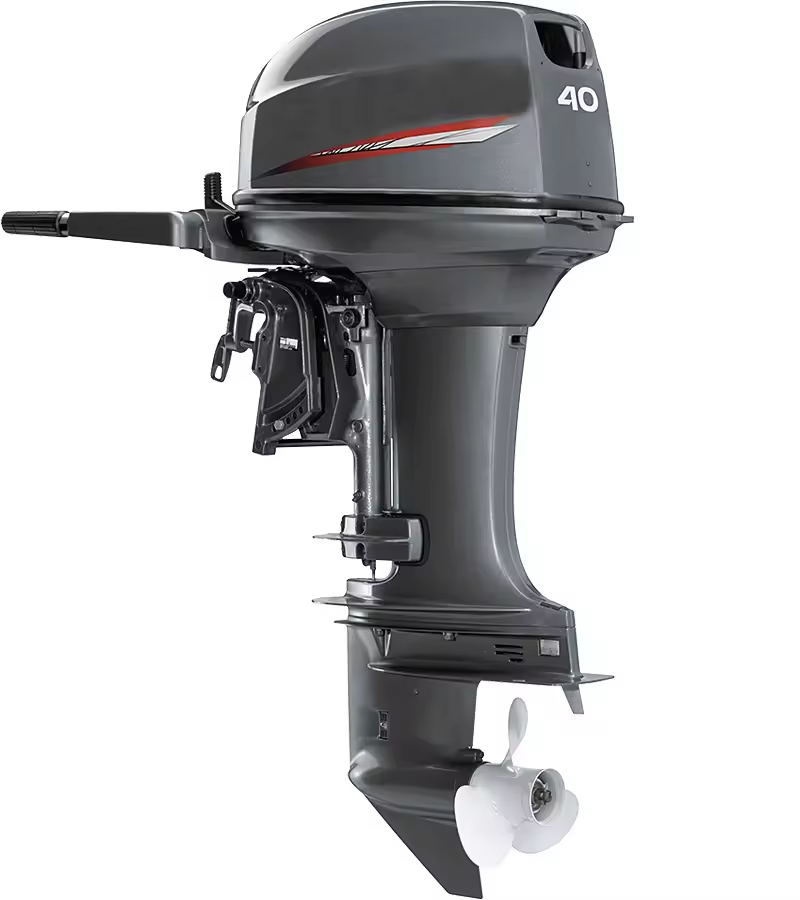
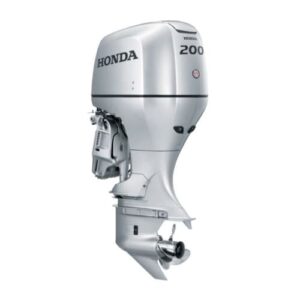
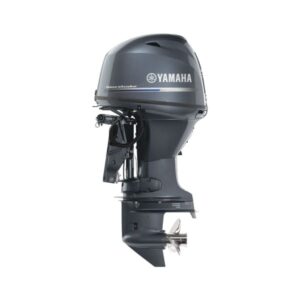
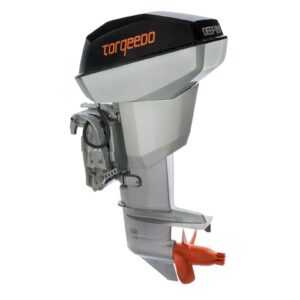
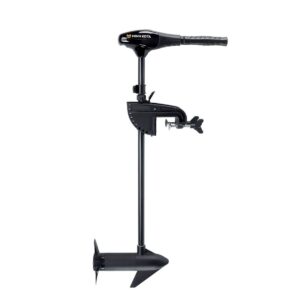
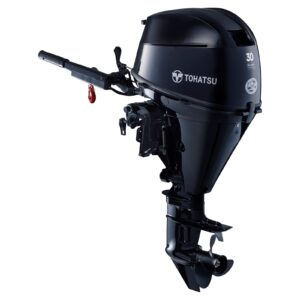
There are no reviews yet.